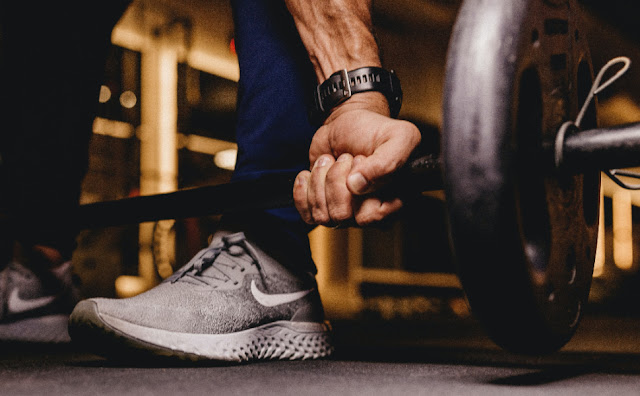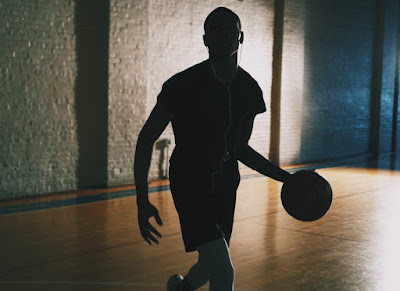Protect yourself from weight lifting
Lifting weights is a great way to get in shape, but it's also one of the most dangerous activities you can do. Weight lifting injuries are the most common type of injuries among athletes—and they're on the rise. If you don't protect yourself from these injuries, you could end up in physical therapy for months and even permanently altered. So before you start lifting weights, make sure to follow these precautions:
Warm up before you lift.
Warming up before you lift is important. A good warm up should be
a gradual increase in intensity to prepare the body for heavier weights. For example,
if you're going to do squats with 80 pounds (36 kg), it would be wise to start
with lighter weights and gradually work your way up so that by the time you
reach 80 pounds, your body is ready for it.
There are many different types of warm-up routines: dynamic
stretching (moving through a range of motion while keeping tension on muscles),
static stretching (stretching one muscle group at a time and holding each
stretch for 20 seconds or longer), foam rolling (rolling over an object that
has been covered in dense foam) and calisthenics like jumping jacks or pushups.
Lift with correct form.
When you're lifting weights, it's important that you use the
correct form. This means keeping your back straight and using your legs instead
of relying on your back to lift the weight. It's also important to keep your
knees bent when lifting so that they are not straightening out and putting
pressure on them or any other part of your body. Make sure that when doing
this, though, that there isn't too much bend in them; otherwise you could end
up hurting yourself!
You should also make sure that whatever muscles are being worked
out are actually being worked out! For example: if someone were trying to do
bicep curls with dumbbells but their triceps were doing most (or all) of the
work instead of their biceps then this wouldn't be good because those aren't
getting any exercise at all!
Don't go too heavy, too soon.
Another common mistake is going too heavy, too soon. This can
cause injuries to your joints and tendons, which will then make you less likely
to want to work out in the first place.
In order for your body to adapt and get stronger, it needs time
for recovery between workouts. If you keep lifting heavy weights every day or
week without allowing for proper rest periods between workouts, then this won't
happen effectively--and you'll be more likely to hurt yourself!
Wear protective gear
In order to prevent injury, it's important to wear proper shoes
and clothing. Shoes should be sturdy and well-fitting, with a stable sole that
offers good traction. If you are lifting weights for an extended period of
time, consider wearing compressa
knee sleeve or other protective gear on your knees so
they don't bear too much pressure during squats or lunges.
Lifting weights is a great way to get fit, but it can also be
dangerous if you don't know what you're doing. Make sure that you warm up
before lifting and lift with proper form, so that your muscles don't get
injured. Also remember that lifting too heavy too soon can lead not only to
muscle strains but also joint damage. Wear protective gear such as knee braces
or wrist wraps when lifting heavy weights so that they won't injure themselves
while working out!




Comments
Post a Comment